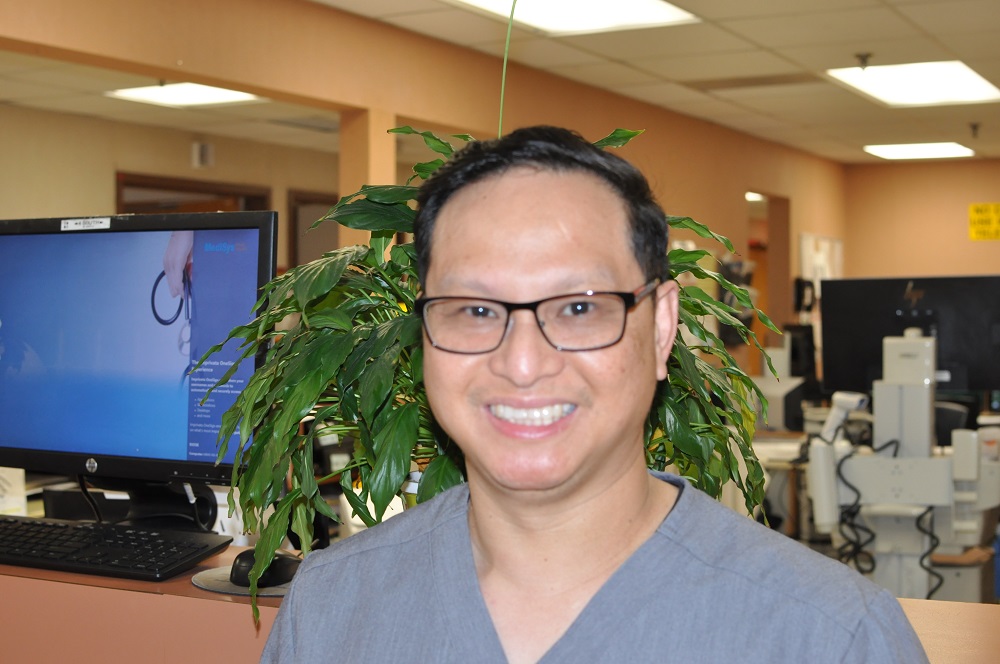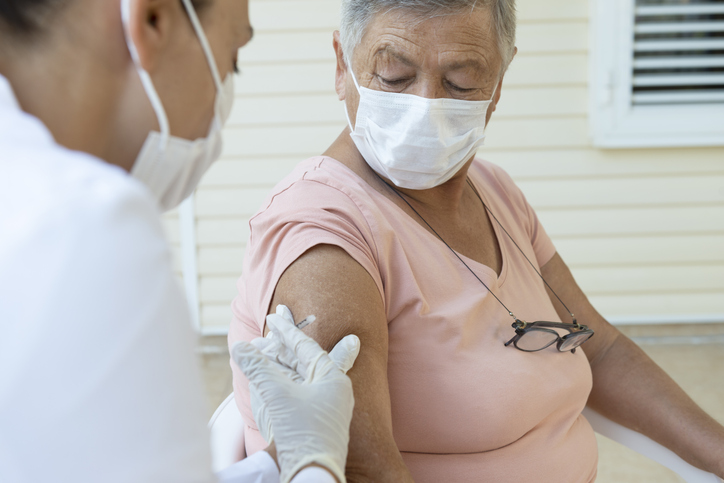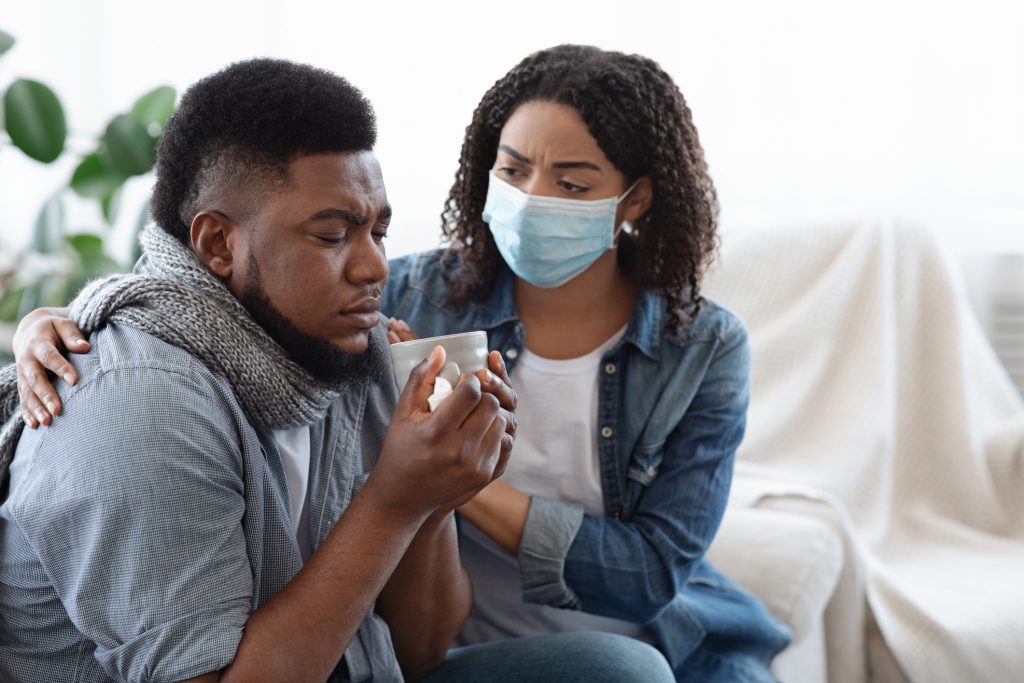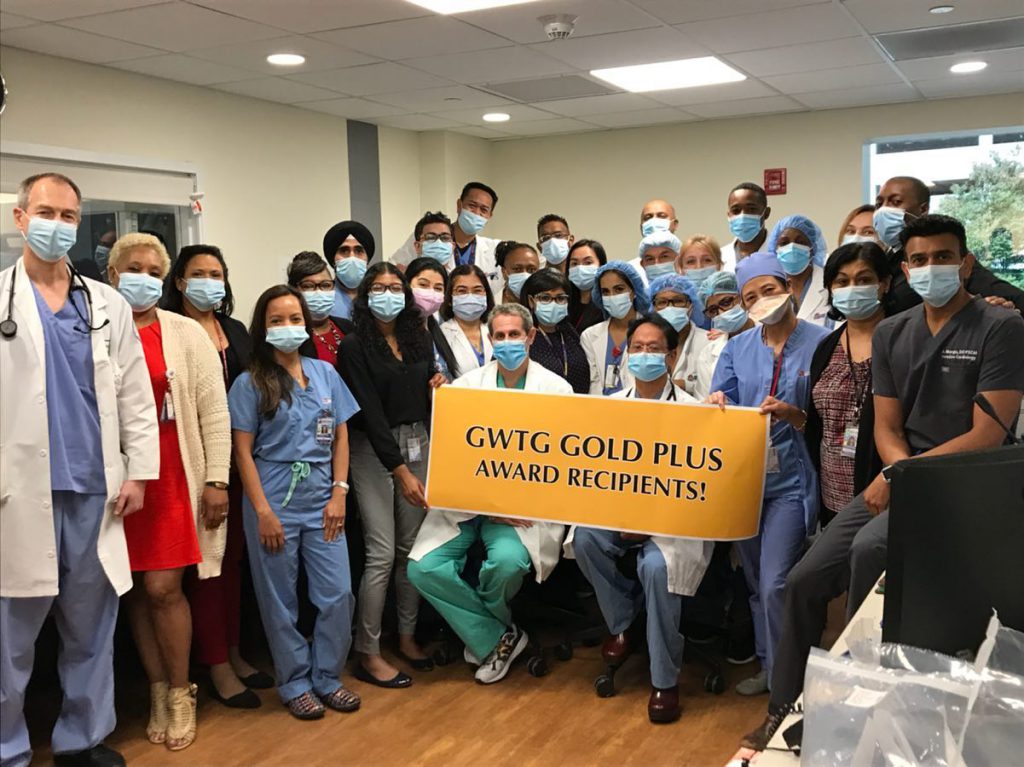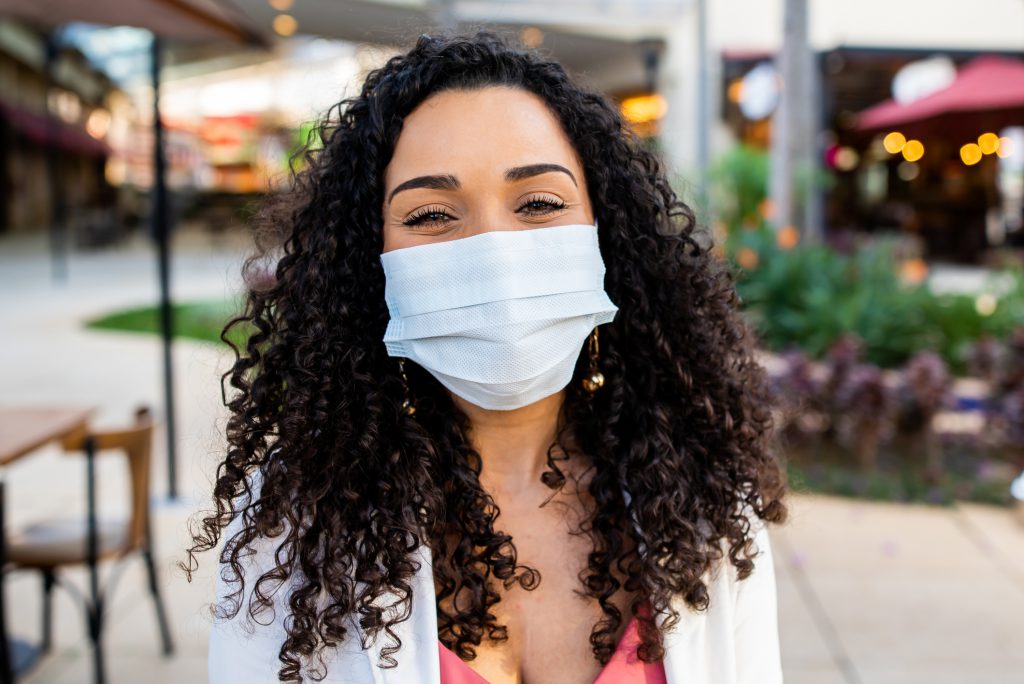Every parent has experienced their children display difficult or defiant behavior at times. It is normal part of parenting. Some children and teens, however, may exhibit these traits along with others including anger, irritability, and vindictiveness persistently and for a prolonged period of time. These children may have a condition known as Oppositional Defiant Disorder, or ODD.

ODD is a type of behavioral disorder, mostly diagnosed in childhood. Those with ODD typically act uncooperative, defiant, and hostile toward their peers, parents, teachers, and other authority figures. According to the American Psychiatry Association, children diagnosed with ODD exhibit this pattern of behavior for a minimum of six months.
The cause of oppositional defiant disorder is still unknown, but likely involves a combination of genetic and environmental factors. Children with ODD are generally considered more troubling to others than they are to themselves. The disorder can impact their relationships with friends and family and affect their educational and social interactions.
Symptoms of ODD typically begin during pre-school years, but in some cases, they can develop later. They almost always occur before a child enters their early teen years. Sometimes it is difficult to recognize the difference between a strong-willed or emotional child and one with oppositional defiant disorder, as it is normal for children to exhibit oppositional behavior at certain stages of their development.
Typical symptoms of ODD include:
- Anger and irritability – Those diagnosed with ODD are characterized as easily losing their temper, are frequently annoyed by others, and are often resentful.
- Argumentative
and defiant behavior – Children with ODD often argue with adults or authority
figures, defy or refuse to comply with rules, and often blame others for their mistakes.
- Vindictiveness – This is defined by repetitive acts of spitefulness or revenge. Children with ODD typically display vindictive behavior multiple times over a six-month period.
It is important for parents to understand that managing a child with ODD is not something you have to do alone. Recognizing the symptoms and getting help from qualified professionals can be beneficial.
Speak to your pediatrician about recommending a child psychologist or a child psychiatrist with expertise in disruptive behavior problems. A mental health expert can coordinate a behavioral health treatment plan that includes developing learning skills to help build positive family interactions and manage problematic behaviors. Additional therapy, and possibly medications, may also be needed based on the severity of the disorder.
To make an appointment with a pediatric mental health professional, please call 718-206-5575.
All content of this newsletter is intended for general information purposes only and is not intended or implied to be a substitute for professional medical advice, diagnosis or treatment. Please consult a medical professional before adopting any of the suggestions on this page. You must never disregard professional medical advice or delay seeking medical treatment based upon any content of this newsletter. PROMPTLY CONSULT YOUR PHYSICIAN OR CALL 911 IF YOU BELIEVE YOU HAVE A MEDICAL EMERGENCY.


